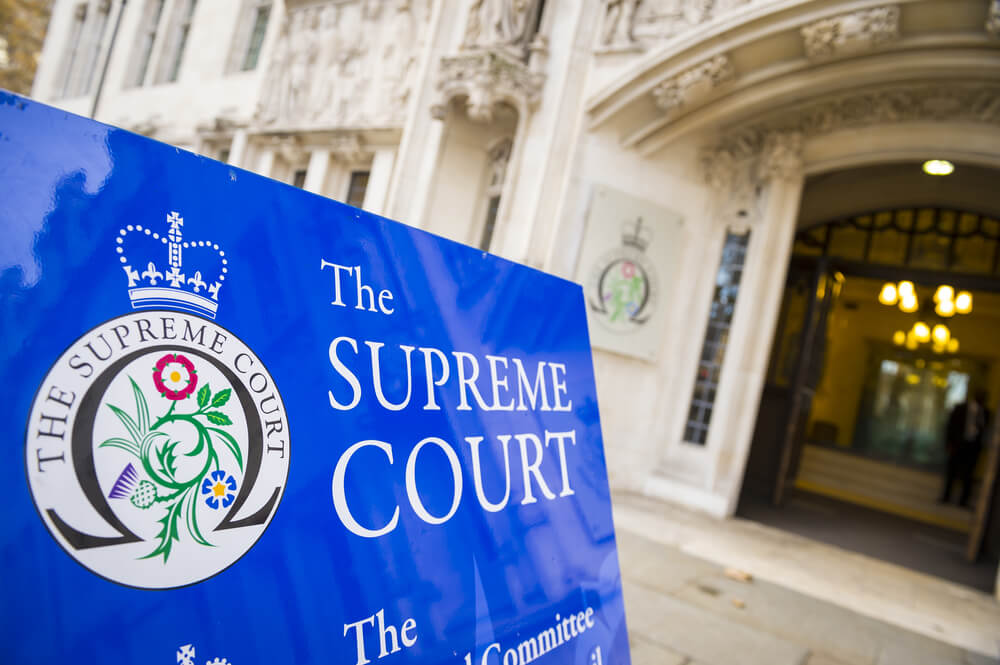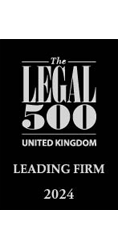How does a claim allegedly worth £17,000 be approved by the County Court at Leeds, only to then be overturned by the Court of Appeal, only to then be overturned again by the Supreme Court? How can a claimant suffering from a workplace injury satisfy a burden of proof that they would have had the chance to complete certain tasks or actions had the injury not occurred? A recent judgement from the Supreme Court in Perry (Respondent) v Raleys Solicitors (Appellant) The Facts The claimant was a miner who suffered from Vibration White Finger (“VWF”) a condition caused by prolonged use of tools and machinery which vibrate. This can result in numbness, considerable pain, and loss of manual dexterity. In 1996 he instructed Raleys Solicitors to make a claim against the Department for Trade & Industry (“DTI”) for the losses attributed his injury. At the time, such claims were common and a government scheme was set up to administer those claims. In 1999 the DTI offered £11,600 in settlement of his claim. The claimant accepted. However, the claim was made in relation to general damages only. This covers physical injuries, pain and suffering. It did not cover special damages, which compensate claimants for the inability to carry out certain services. In this case, the claimant was unable to carry out services in relation to common household tasks such as gardening work, window cleaning, DIY, car maintenance and decorating. After 16 years, the claimant decided to sue Raleys Solicitors for negligently conducting his claim, stating that it had failed to advise him with respect to his potential claim for special damages. He argued that had he been advised to a reasonable standard, he would have obtained a further sum of £17,300 from the DTI. The stage was set. The Case Raleys Solicitors, which had since entered into administration and had its claim conducted by its professional indemnity insurers, admitted that it had breached its duty of care to the claimant but defended the case on the basis that the breach of duty caused no loss to the claimant. The case was heard at the County Court at Leeds, where the Judge held that had the claimant been advised appropriately he would not have pursued a claim for services which was sufficiently honest. The claimant provided evidence that he was unable to perform domestic tasks without assistance, but “was undermined by his medical records”. As a result, the claimant’s case was dismissed. The claimant decided to appeal this ruling, and as a result the Court of Appeal reversed the first instance judgement on the basis that the Court had conducted “trial within a trial” requiring the claimant to prove facts on the balance of probabilities. This is not allowed in order to prevent taking up the Court’s time with satellite litigation and hearing the details of a primary case only then have to proceed with hearing the merits and inferiorities of the secondary case against the new defendant. The Judge at Leeds ought to, according to the Court of Appeal, have awarded the claimant £14,565.15 plus interest. The saga was not over yet. Raleys Solicitors appealed to the Supreme Court, where the law on the requirements to satisfy a case for a loss of chance was stripped back to its basic foundations, including an exploration of the Allied Maples principles. The Supreme Court reversed the decision by the Court of Appeal and held that the claimant’s case must be dismissed. The Law The Supreme Court held that to prove a claim for a loss of chance, the claimant must establish, on the balance of probabilities, that he would have taken a certain step or action. A Judge can forensically investigate the question as to what a claimant would have done had an event occurred. Indeed, the Supreme Court held: “It was not, therefore, wrong in law or in principle for Judge Saffman [at the County Court at Leeds] to have conducted a trial of the question whether [the claimant] would (or indeed could) have brought an honest claim for a Services Award, if given competent advice by Raleys. That was something which Mr Perry had to prove on the balance of probabilities, and which Raleys were entitled to test with all the forensic tools available….”. That is not all a claimant must satisfy. The Supreme Court held that it is not enough for a claimant to simply give evidence to say “I would have done this and that” if this and that may have been dishonest. It is critical therefore that the step a claimant says he would have taken would have been a sufficiently honest step. Only then will a claimant be able to satisfy the burden of proof. The Supreme Court held that the next step for a Judge is to examine what third parties would have done. In this case, had Raleys properly advised the claimant and had the claimant sought special damages and had that claim been sufficiently honest, would the DTI have accepted that and/or would judgment for special damages been awarded? The question of which action a third party may have taken is equally as critical because it is a tool a Judge can use to measure any deductions to an award of damages for a loss of chance, with a deduction being capable of reaching the level of 100%. Significance The decision re-affirms that it is inappropriate to hold a trial within a trial. However, in circumstances in which an investigation is required, a degree of forensic examination is inevitable. It will not be enough to take a claimant’s word at face value, and if that word at face value may amount to a step which can be considered to be dishonest, a claim for a loss of chance will fail at the first hurdle. Actions which may have been taken by other relevant parties remain equally as significant to reach a determination. Cases such as this will be applicable to a wide set of circumstances. That can include the conduct of litigation, as we have discussed here, to construction projects that may have missed planning observations, to the provision of financial advice and misrepresentations. This judgment will, however, provide greater insight to the principles involved in assessment. If you have any questions, would like to discuss this article, or are seeking legal advice, please contact Alex Delin in our Dispute Resolution team.
[2019] UKSC 5 has shed light on the puzzling principles to be taken into account to assess claims for loss of chance.






